Role of Athlete’s Immune System for Best Performance | 2025
What is an immune system
The immune system is the defense network of the body that protects the body against infections, diseases, bacteria, viruses, and toxins. It is made up of specialized cells, tissues, and organs. It works to detect and eliminate harmful substances to keep the body healthy. This detailed blog post is all about why the Athlete’s immune system is so important for athletes, The Impact of Poor Immunity on Sports Performance, the best supplements to boost immunity for athletes, and more about the immune system for athletes.

Why the Immune System is Essential for Athletes
In sports such as Boxing, Kickboxing, and MMA every athlete wants to perform at their best. And the immune system often plays an important role in an athlete’s ability to perform. As you know the immune system protects athletes from harmful invaders such as viruses and bacteria. These viruses and bacteria can quickly decrease energy and stamina if an athlete falls sick. Even a minor infection can affect the athlete’s training or performance.

RELATED ARTICLE: How Best Exercises/Physical Activities are Essential in 2025
A well-functioning immune system keeps athletes healthier, allowing them to consistently train, and perform better in the ring. The stronger the immune system is equal to the greater an athlete’s ability to train hard without the risk of frequent illnesses. A strong immune system of boxers or an athlete not only defends against infections but also supports them for faster recovery from any kind of injury.
Key Components of the Immune System for Athletic Performance
White Blood Cells (WBCs)
White blood cells act as defenders, attacking and neutralizing pathogens that threaten the body. Increased physical activity enhances the white blood cell response in an athlete’s body and the white blood cells help to better the immune system. But too much can also wear them down.
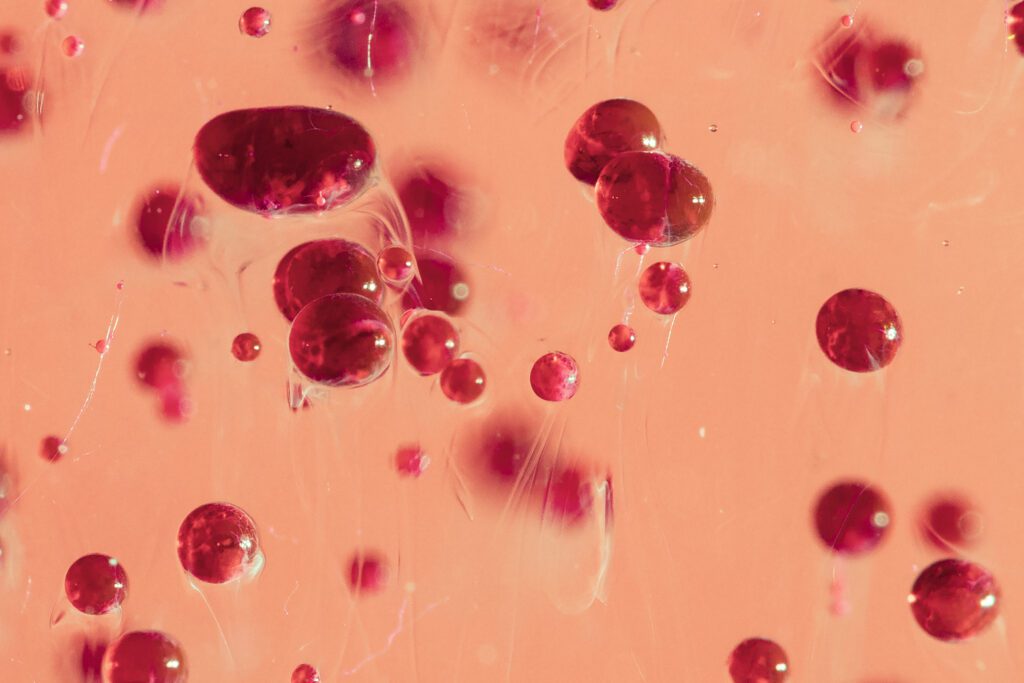
Antioxidants and Immune Response
Intense physical training and workouts can lead to oxidative stress and they may damage cells and tissues. So antioxidants from foods like fruits and vegetables help to reduce this stress and support immune resilience.
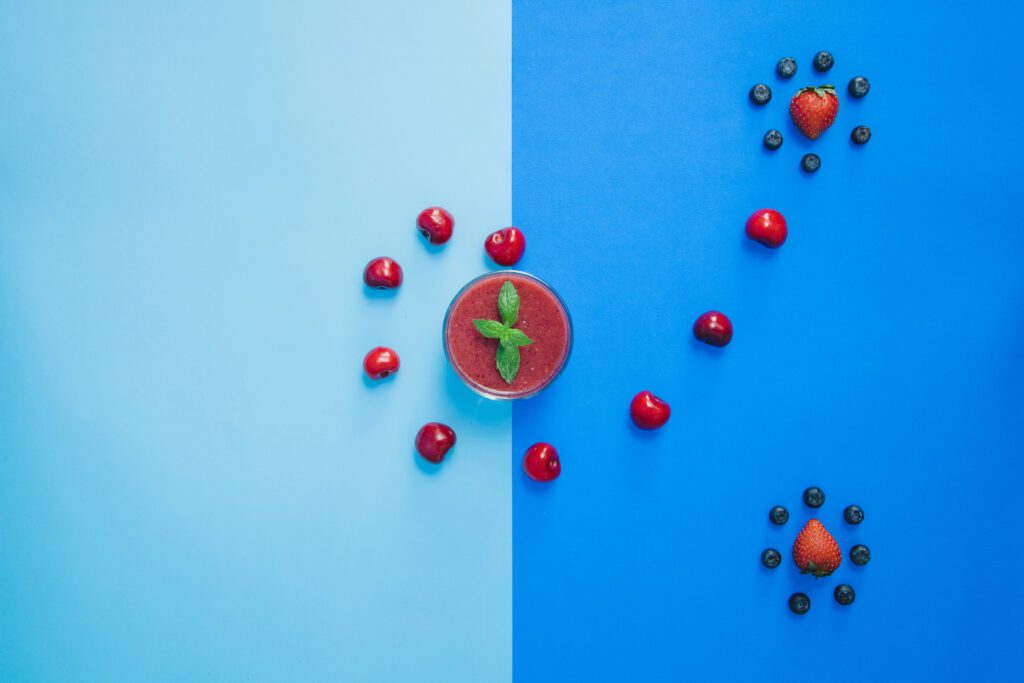
Anti-inflammatory Response
Exercise triggers an inflammatory response which is beneficial in the short term. The body’s anti-inflammatory pathways help us to manage inflammation which is important for recovery and maintaining better immunity.
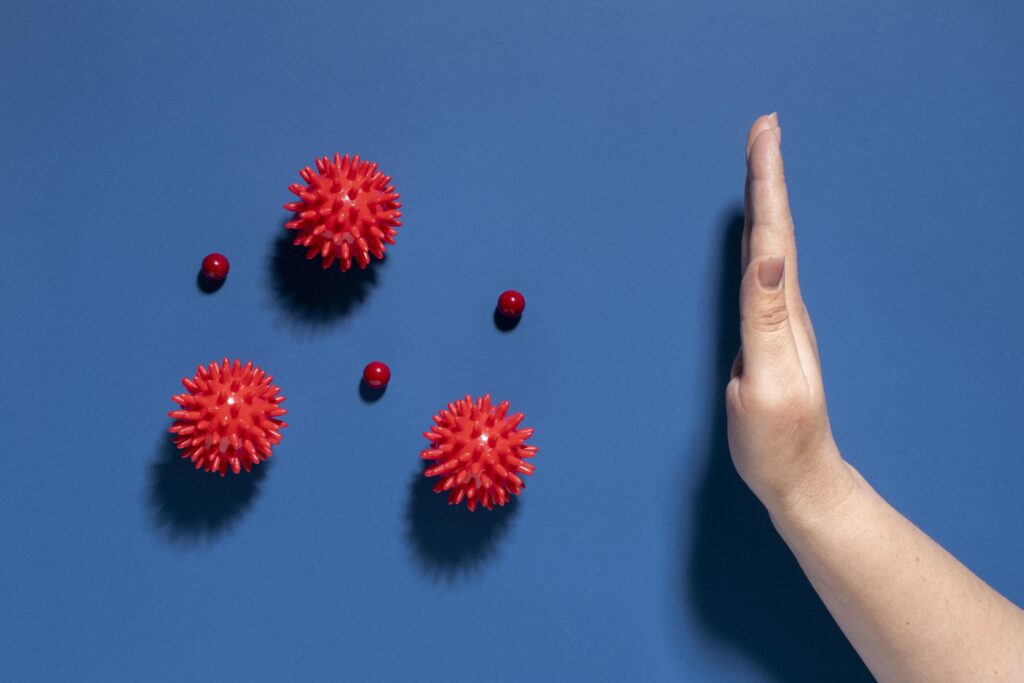
The Impact of Poor Immunity on Athlete’s Performance
When the immune system of athletes weakens it may have to face the following problems.
Increased Sickness
A weak immune system means more colds, infections, or other illnesses. That may lead to missed training sessions days and lost progress.
Slower Recovery
If the athlete has a poor immune system then it will slow the process of recovery after intense workouts or competitions. That also affects an athlete’s ability to bounce back quickly from their previous condition.
Decreased Energy Levels
A compromised immune system can make even light training feel harder. And the illness drains the energy of athletes athletes. It also reduces endurance and overall athletic capacity.
How to Strengthen and Better the Immune System for Athletes
Balanced Nutrition
A diet rich in vitamins (like C and D), minerals (like zinc), and antioxidants can help to strengthen and better the immune system of an athlete. Foods like berries, leafy greens, nuts, and lean proteins offer essential nutrients to keep immunity at best.
Enough Sleep
Sleep is essential for immune health. It helps the body to recover and recharge. Athletes should aim for 7–9 hours of quality sleep per night for optimal immune function.
Hydration
Including rest days, stretching, and cooldown routines in workouts helps the immune system handle stress better. It also reduces the chances of illnesses.
Mindful Recovery Practices
Including rest days, stretching, and cooldown routines in workouts helps the immune system handle stress better. It also reduces the chances of illnesses.
Best Supplements to Boost Immunity for Athletes
Vitamin C
Vitamin C is well known to reduce the duration and severity of colds. Vitamin C supports immune resilience, especially during intense training phases. It is a very important supplement for athletes and boxers. The following are the best-reviewed and expert-recommending products for Vitamin C. You should consider the following
RELATED ARTICLE: 18 Best Supplements for Athletes and Boxers in (2025)
Probiotics
A healthy gut contributes to a strong immune system. Probiotics are found in yogurt and supplements. It helps us to maintain gut health so indirectly the probiotics supplements boost immunity.
Zinc
Zinc plays an important role in immune cell function, helping to prevent infections and speed up recovery.
Vitamin D
Vitamin D enhances immune responses. It’s particularly helpful during winter months when natural sunlight exposure is limited.
Importance of Mental Well-Being for Immune Health
Stress directly impacts the athlete’s immunity. Athletes who experience high stress from competitions or personal challenges often see a decline in immune health. Some techniques like meditation and breathing exercises can reduce stress and keep immunity stable. The more stable an athlete’s mental health is equal to the more strong their immune system is.
How Does Exercising Help Your Immune System
Exercising provides multiple benefits to the immune system. It enhances the ability to protect against illnesses. Regular exercise boosts the blood circulation. It helps the immune cells move through the body more efficiently and allows white blood cells to detect and address pathogens quickly.
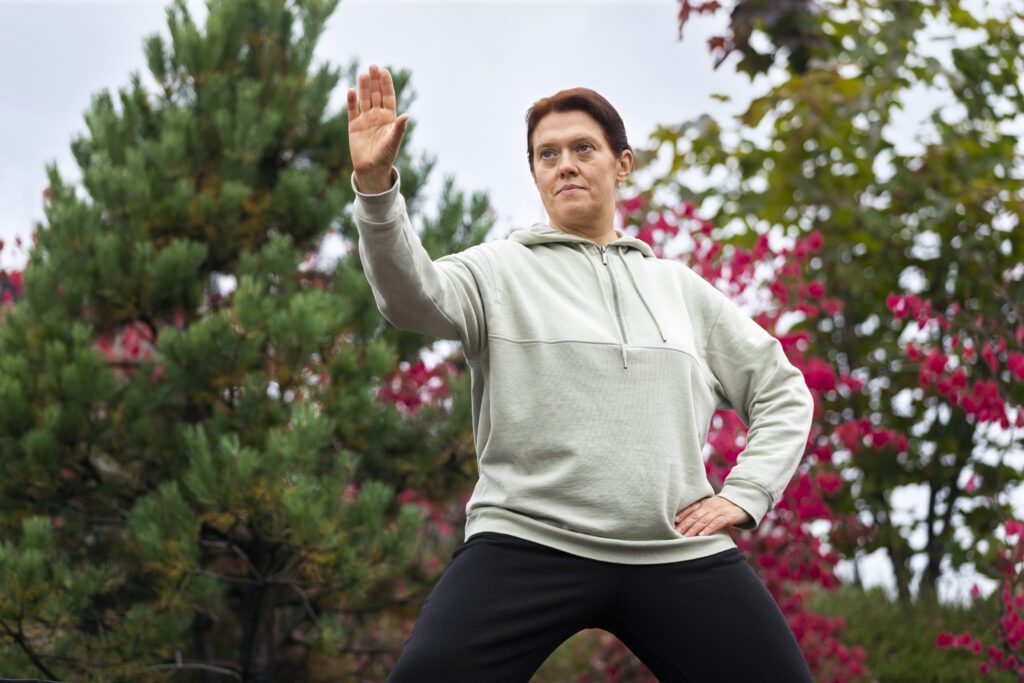
Additionally, physical activity reduces stress hormones such as cortisol which can weaken immunity over time. By lowering stress and increasing the production of immune cells exercise strengthens natural defenses and creates a more strong immune system.
How Athletes Can Support Their Immune Function

For athletes, maintaining a strong immune system is crucial to better their performance and minimize illness-related interruptions. Hydration, nutrition, and a balanced diet & exercise routines are foundational for immunity. The proper rest and recovery as well as managing stress will further support the athlete’s immunity. Athletes should prioritize 7 to 9 hours of sleep because sleep will help with cellular repair. Athletes should engage in exercise to avoid overtraining. Additionally, they can include foods that are rich in antioxidants, proteins, and healthy fats to fuel their bodies and support immune function.
Vitamins and Minerals That Support Immune Function
Key vitamins and minerals that are essential for a strong immune response.
Also, keep in mind that a balanced intake of these vitamins and minerals is essential for immune health, especially for those athletes who have higher nutritional needs.
Best Lifestyle to Maintain Immune Health in Athletes
Maintaining immune health requires athletes to live a balanced lifestyle.
Best Foods for better Immunity
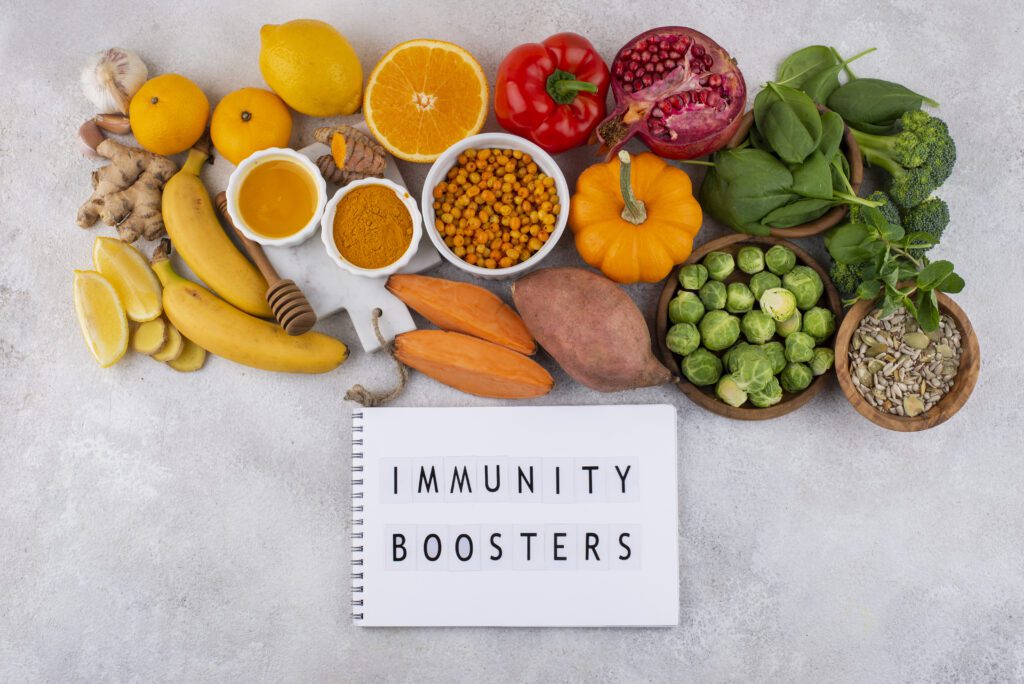
Fruits: Citrus fruits like oranges and lemons are rich in Vitamin C which boosts immune cell activity. Many Berries are also high in antioxidants they protect immune cells from any kind of damage.
RELATED ARTICLE: 20 Best Foods to Boost Low Testosterone Naturally in Athlete
Vegetables: Leafy greens, bell peppers, and carrots provide you with essential vitamins like A, C, and E. which help you strengthen the immune responses and support cell repair perfectly.
Grains: Whole grains such as oats, quinoa, and barley provide essential B vitamins, zinc, and fiber that aid in immune system maintenance and digestive health.
Nuts and Seeds: Almonds, sunflower seeds, and chia seeds are high in healthy fats, antioxidants, and zinc, all of which support immune health and help in cellular recovery.
How Supplements Are Helpful to Better Your Immune System
Supplements can support immune health when specific vitamins or minerals may be lacking in the diet. Vitamin C, Vitamin D, zinc, and other supplements are commonly used for immunity. For athletes, protein powders and BCAA (pre-workout) supplements can support muscle recovery. Which indirectly strengthens the immune system by reducing inflammation. Probiotics are also beneficial as they promote gut health which plays a central role in immunity.
However, it is essential to consult a healthcare provider before starting any supplements.

